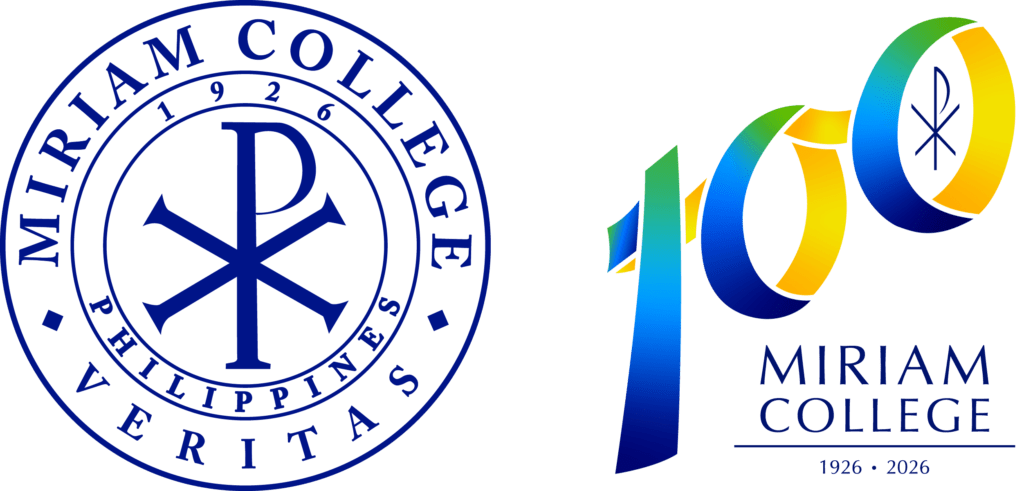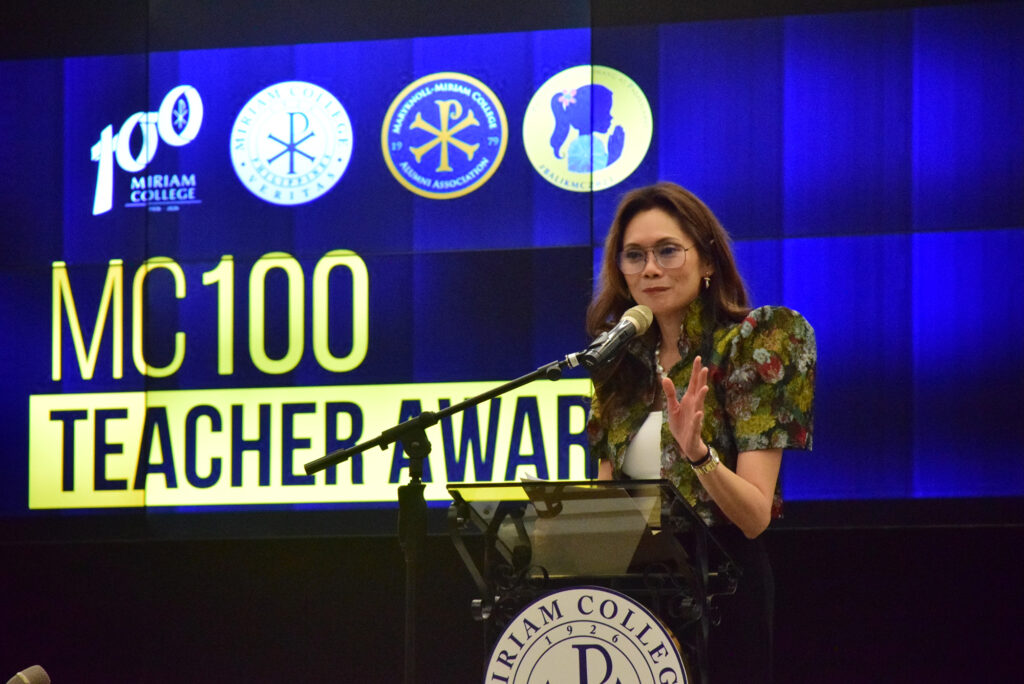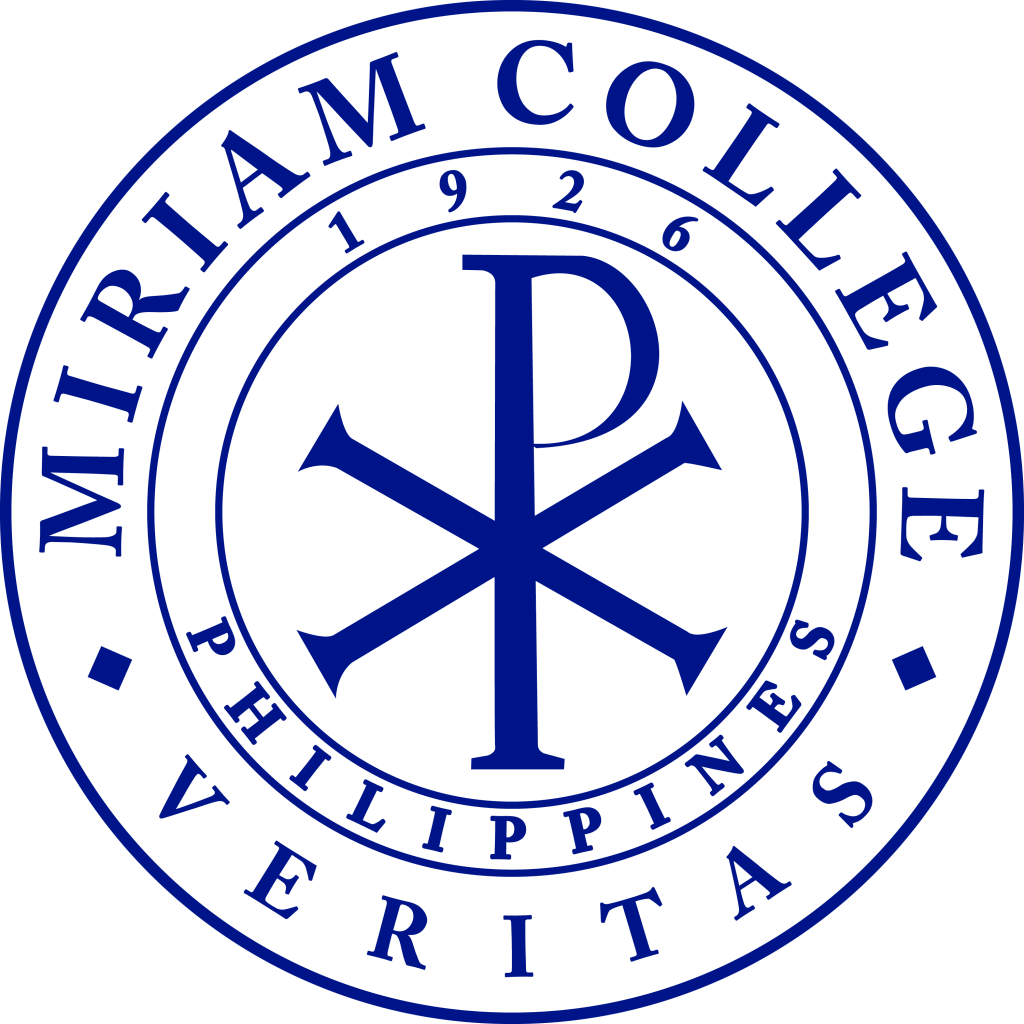BACHELOR OF SCIENCE IN
International Studies
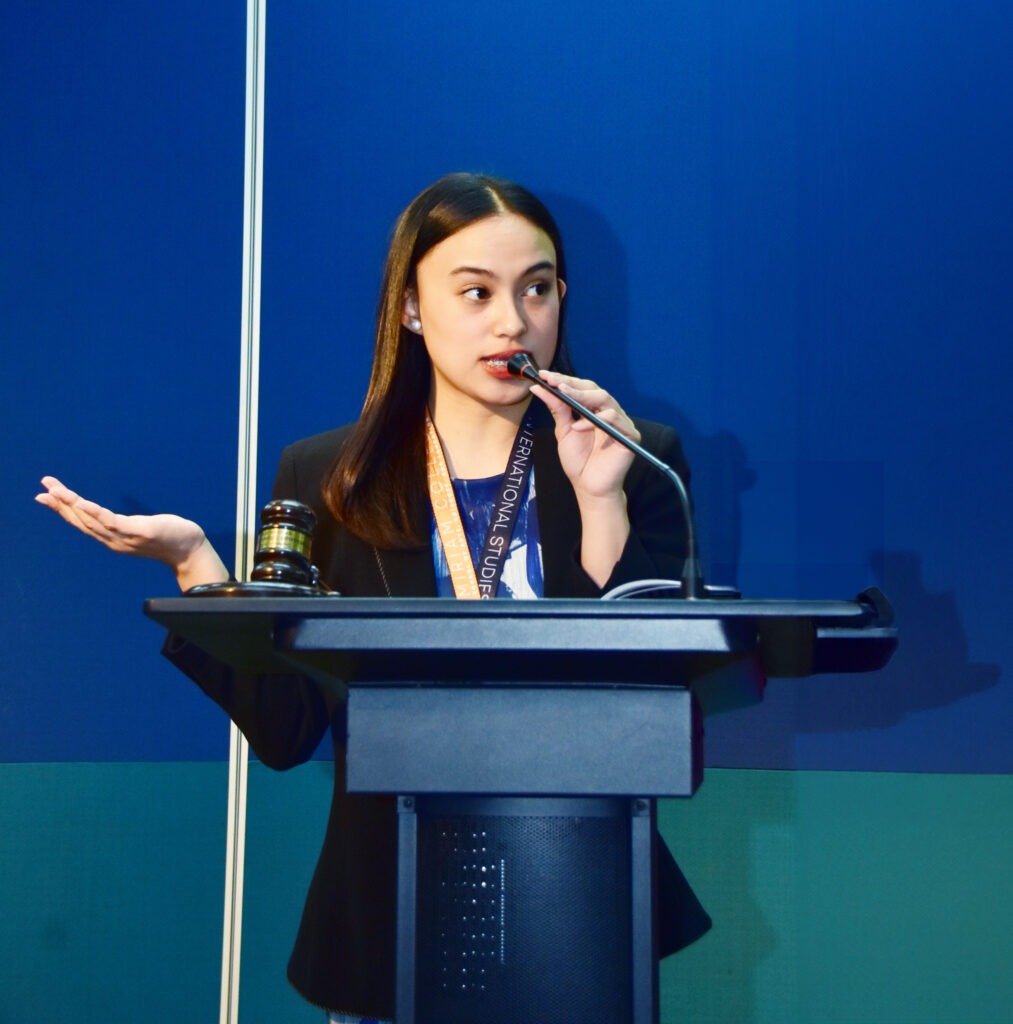
Our International Studies program is among the few schools that offers specialized tracks in International Politics and Peace Studies and Global Development and Gender Studies. Our curriculum prepares the students to pursue careers in local, national, and international agencies and organizations as well as in the government and the private sector.
Why take up International Studies at MC?
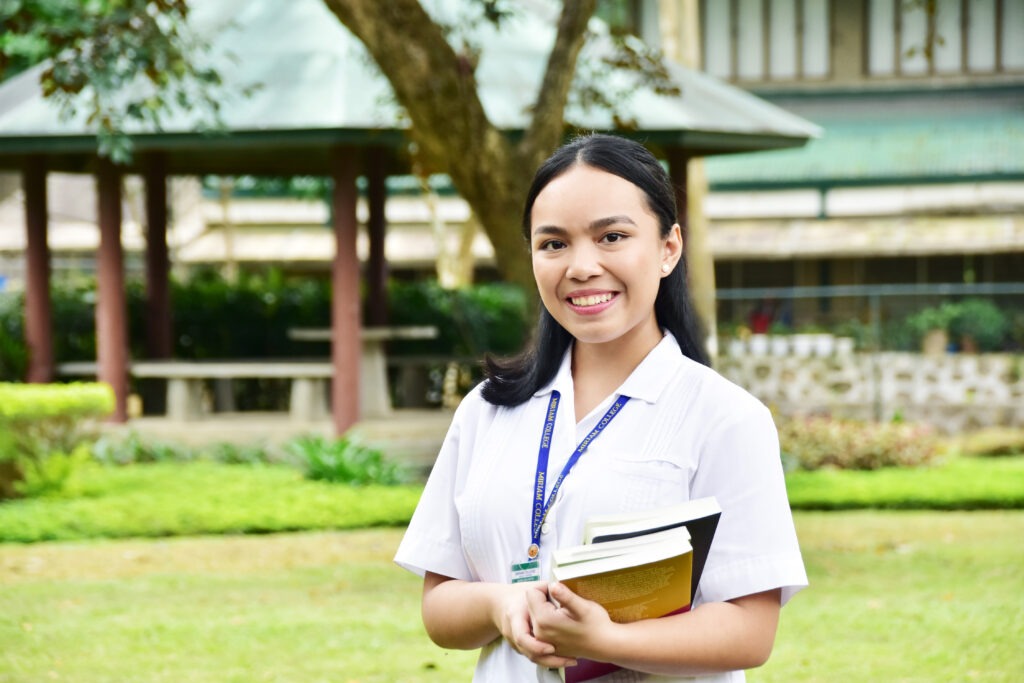
Miriam College is among the few schools that offer specialized tracks under its International Studies Program. These tracks are International Politics and Global Development Studies, with emphasis on gender, peace and human rights. Our curriculum is designed to prepare students to pursue careers in local, national, and international agencies and organizations as well as in the government and the private sector.
- Features a program that is geared towards the needs of the international community, as well as the needs of national agencies as they engage, compete, and collaborate with other nations
- Goes beyond diplomatic and consular services, recognizing that, though crucial, Foreign Service is but one form of international engagement.
- Emphasizes on the importance of developing the competencies of young women for diplomacy, leadership, and innovation, be they employed by public or private agencies
- Features a curriculum that develops young women for active citizen engagement
- Takes pride in producing graduates who are hybrid citizens, meaning they are globally informed yet locally rooted
What Will I Study?
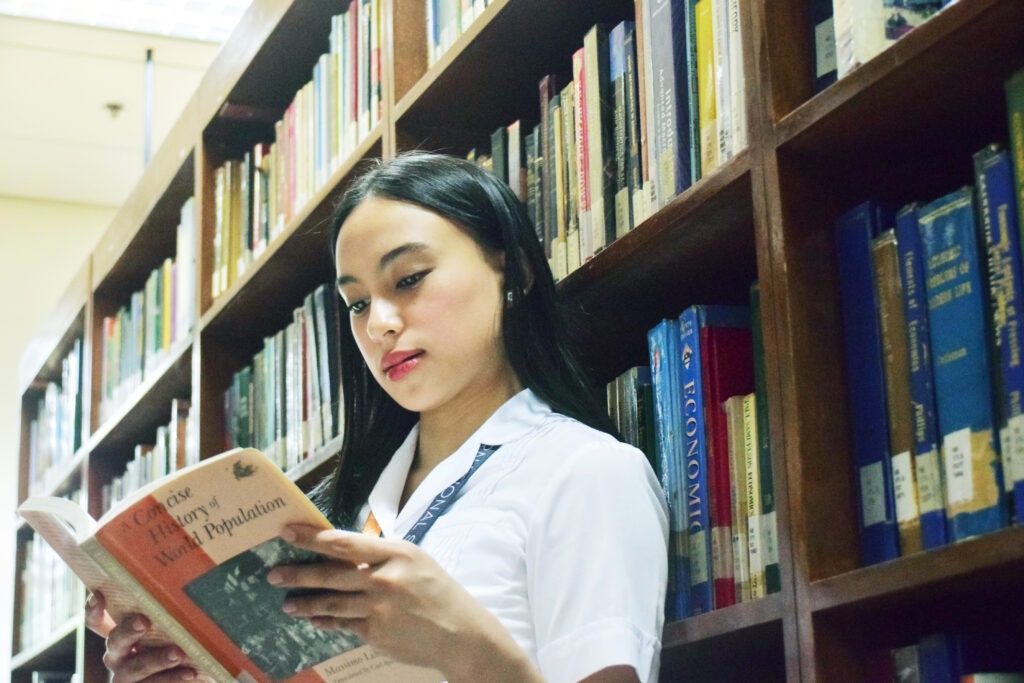
The IS program provides students with the global perspectives, theories and tools to understand historical and contemporary political, economic, social and cultural changes affecting the country, Asian region, and the world. Subjects include:
This course examines the analytical, conceptual and ideological foundations of international relations. It seeks to understand state and inter-state behavior and how it shapes global politics at the system, state, organizational, and individual levels.
This course provides an analysis of the economic relationships between countries, pertaining to trade and financial issues. It seeks to expose the students to both the theoretical foundations and policy dimensions of international trade and international financial flows. It also covers fundamental topics in monetary and financial economics to understand the role of regional and global crises in shaping the current global economic order.
This seminar course introduces students to the world and art of diplomacy. Extensive consideration is placed around the historical evolution of diplomatic and consular practices and the cycle of work of diplomatic and consular agents, such as their appointment, functions, privileges and immunities, correspondence and protocols.
This course examines foreign policy as a tool in international relations to address national, regional and global issues. Specifically, it presents a comprehensive approach to the conduct of Philippine foreign affairs and how the Philippine foreign policy is determined, formulated and implemented.
Tracks
As an International Studies major, you will be able to choose from these 2 tracks: International Politics and Peace Studies (IPPS) and Global Development and Gender Studies (GDGS)
INTERNATIONAL POLITICS MINOR IN PEACE STUDIES
This track focuses on the analysis of the shifting power dynamic and geo politics of the international community as well as of the global and regional institutions and mechanisms arising from these. Core subjects include:
This course examines the complexities of theories on conflicts and violence.It draws lessons from actual experiences in conflict management and peace building initiatives of states, civil society and international organizations.
This course examines approaches to regional integration and maps out significant actors and state and non-state processes to address inequities and imbalances in power relations across and within states.
This course interrogates the concepts of ’global citizenship’ in a globalizing world and how it produces new political subjects and the ethical imperatives arising from this context.
DEVELOPMENT STUDIES MINOR IN GENDER STUDIES
This track focuses on the analysis of and responses to persistent social and economic inequalities in developing countries and emerging global issues, as well as a critical understanding of the regional and global institutions/structures/mechanisms arising from such phenomena. Subjects include:
This course looks at how feminist scholars have sought to reframe dominant development theories and practices.It critiques the binary logic of mainstream development and the complexities of articulating a rights-based approach to addressing social issues shaped by sex and gender orders. In this course students are also exposed to gender assessment and planning tools for inclusive and relevant development practice.
The course examines the articulation of human rights instruments within historical, structural, and interactional contexts and evaluates these from women’s empowerment and gender equality perspectives.
This course equips students with skills in analyzing development policies, programs and projects vis-a-vis the opportunities, resources and constraints faced by organizations within the global development contexts. It includes an introduction to techniques and technologies for strategic leadership and management of development projects.
Total Program Units: 88 units
General Education: 46
Major Courses: 42
Standard Completion Time: 2 years
Career Paths
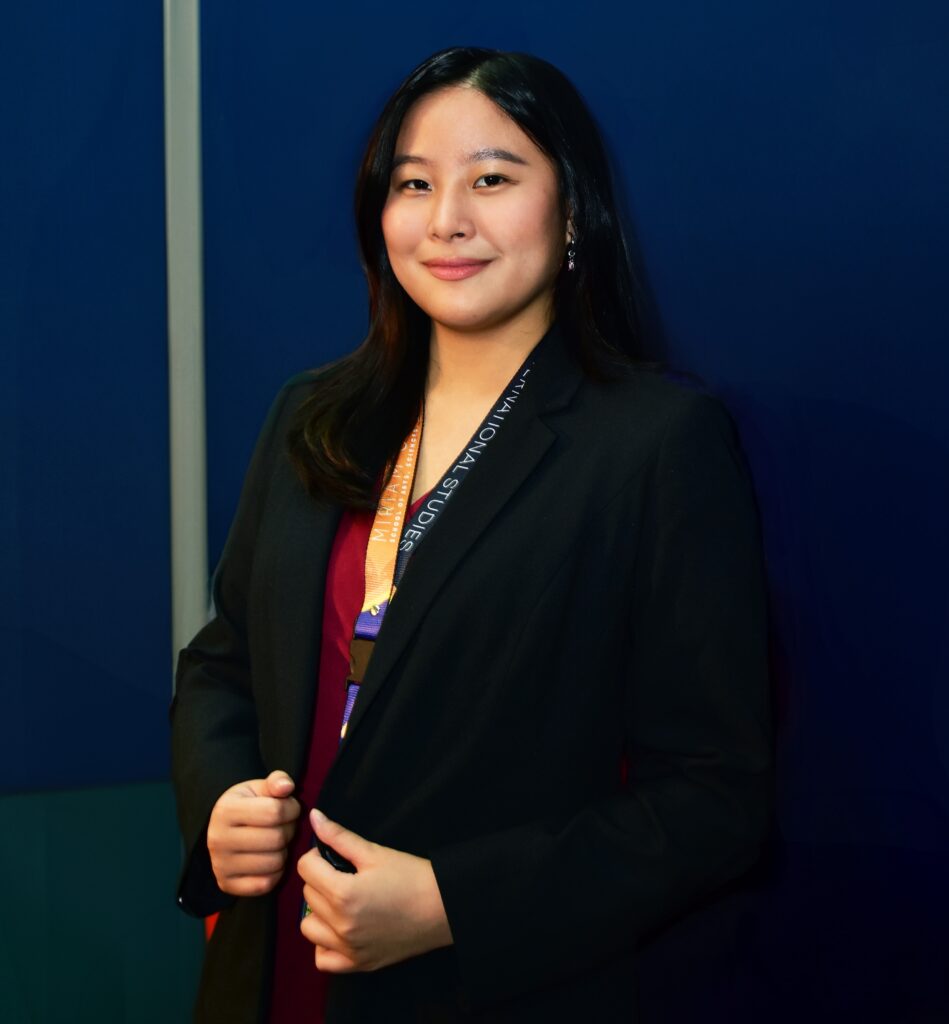
Our graduates are everywhere! A recent tracer study showed that our graduates are employed in the following areas:
- Government Agencies such as the Department of Foreign Affairs, Office of the Presidential Adviser on the Peace Process, Senate of the Philippines and the Commission on Human Rights
- International Inter-Governmental Organizations and Funding Agencies such as the United Nations Development Programme, United Nations Higher Commission on Refugees; United Nations World Health Organization and the Asian Development Bank
- International Non-Governmental Organizations such as Oxfam GB, Save the Children, Asian-Pacific Resource and Research Center for Women and Greenpeace
- Local Non-Governmental Organizations such as the Philippine Red Cross, Children’s Education First Coalition, Christ’s Commission Foundation Inc.
- Academe such as UP Law Center, Ateneo Human Rights Center and the MC Center for Peace Education;
- Private Sectors and Foreign Embassies
Based on this study, approximately one-third of MC International Studies graduates are employed by the public sector. In a sense, we are breeding the next generation of public servants, a generation of empowered women leaders in service.
Student Activities
Miriam College unveils 100th anniversary logo
Miriam College (MC) today unveiled the MC100 logo, officially marking the beginning of activities and ...
Miriam College- Master in Social Work faculty and alumni joins the 23rd Asia-Pacific Regional Conference and 75th National Convention of Social Workers, Cebu City
Master in Social Work (MSW) faculty, Asst Prof. Pacita Dechavez Fortin, and several MSW alumni ...
Miriam College Master in Social faculty as research paper evaluators at the 2nd International and 5th National Gender and Development Research Congress
Asst Prof. Pacita Dechavez Fortin and Asst Prof. Natalia Sali were invited as evaluators of ...
MC100 Christmas Merchandise Collection
The perfect holiday gift - MC 100 Merchandise! Elevate your festive spirits and support a ...
MCMS and MCHS student-athletes awards | Summer SY 2020-2021
Congratulations to the MCMS and MCHS Student-athletes! We are very proud of our football players.
Amazing Alumni Achiever 2023 | Dr. Nathalie Verceles
Miriam College President, Ambassador Laura Quiambao-del Rosario, members of the MCAA Board of Directors, Convenor ...
